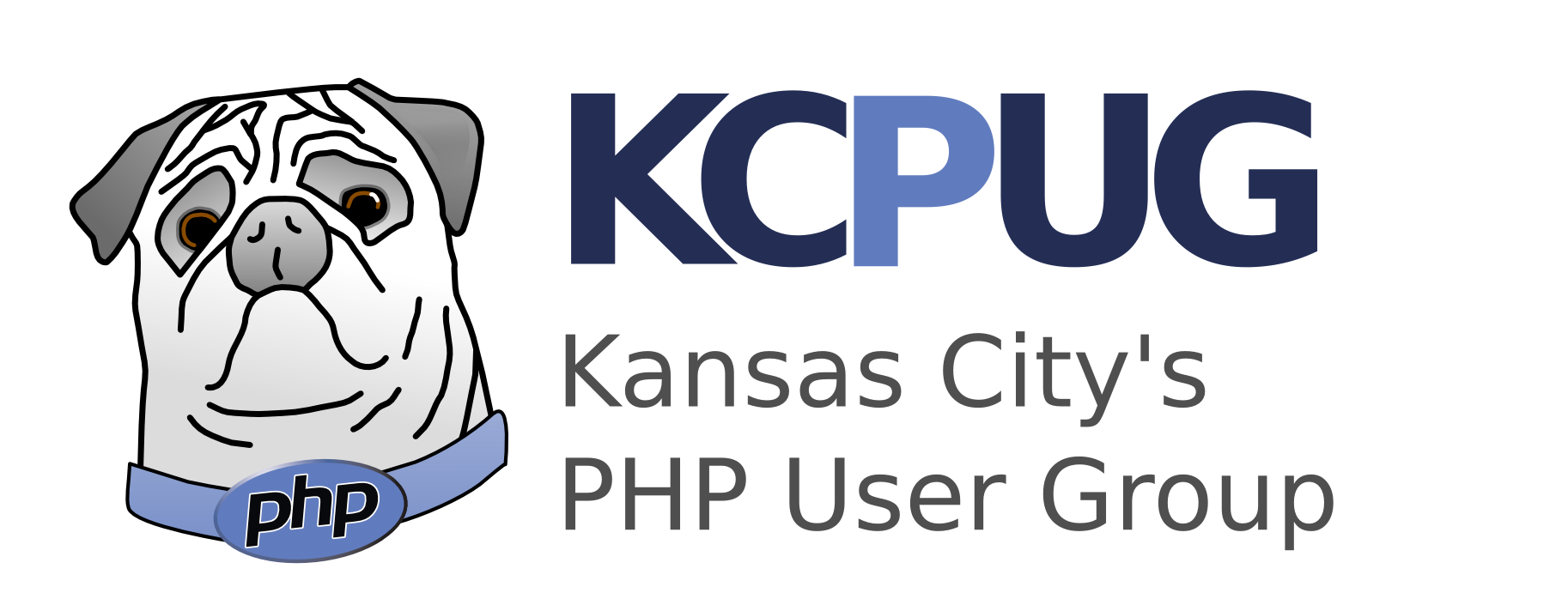SQLite is a C library that implements an embeddable SQL database engine. Programs that link with the SQLite library can have SQL database access without running a separate RDBMS process.
Apparently they are going to implement it in the next version of PHP. This is a good thing. Sure, it will be slow and simplistic, and probably not very scalable for heavy use, but it has one thing going for it: distribution. Every PHP installation will have it. Have you ever been writing a program that will be distribute to multiple clients and worried that they won’t have the right database installed? or any database installed? Soon you won’t have to worry, because as long as they have PHP, they will have SQLite.
So now the possibility of using this in the future on servers that aren’t my own has intrigued me. And I’m already intrigued by some of the other free databases out there. I’ve heard PostgreSQL development is really doing well and more and more people prefer it to MySQL. I’ve also heard a little about some new database called Firebird or something like that. So… why am I still coding all my PHP applications with mysql_query() functions? Why am I not using a database abstraction library so that I can easily use my applications with any database I choose? That’s a very good question. Maybe I’m stupid, or simply too lazy to try something new. I’ve thought about it a lot over the past few weeks. I think my biggest fear with choosing a library to use is standards. I know that the built-in mysql functions are going to be around for a while. I don’t know if I can say the same thing about some of these database abstraction layers. Some might claim that PEAR DB is the standard since it comes packaged with PHP. But there is also another called DBX that comes with PHP. So does that make it the standard too?
I just read an interesting forum thread where John Lim, author of ADODB, claims that PEAR DB is obsolete and the new versions are breaking backward compatibility.
Tomas worked hard on PEAR DB, but it was made obsolete by PEAR MDB. It would not have been too much trouble to make MDB compatible with PEAR DB. ADODB has a PEAR DB layer, but Lukas (MDB lead) decided against it. In fact, they are still releasing PEAR DB as the default abstraction layer, so more people are going to hate the switch when MDB becomes the default standard.
Now Lukas has decided that MDB 2.0 will break MDB 1.0 compatibility.
I think Lukas is a smart guy, but i don’t think it wise to treat API’s as toys to play with, particularly if you want to bet your company’s products on a software library.
http://news.php.net/article.php?group=php.pear.dev&article=17793
So long as PEAR remains a coders playground, depending on PEAR does not mean that anyone is looking after your interest either.
Maybe John Lim is just trying to get people to use his product, ADOdb, instead. But if what he says about PEAR DB is true, then thats a big “STAY CLEAR” sign to me. I’m already going to have to rewrite thousands of lines of code if I decide to switch to an abstraction layer. I don’t want to have to do it again each time they come out with a new version. That’s exactly what I am afraid of.
One thing is clear to me. I need to pick an abstraction layer soon. I’m starting new projects all the time and the longer I wait the more code I will need to rewrite later. So which to choose? Right now I think I’m leaning toward ADOdb. It is very fast, easily portable, supports almost every database out there, and has many features above and beyond what I’m used to. I’ve also been watching it for about a year and new versions are released often, but never break backwards compatibility.
Anyway, what are your guys thoughts on this?
